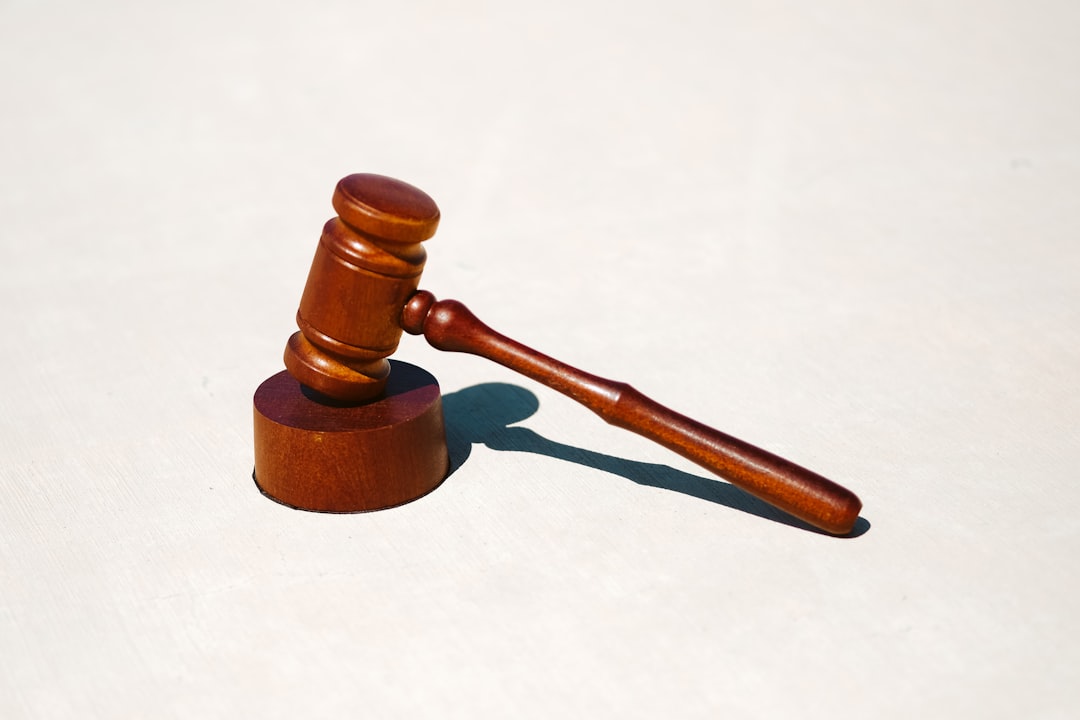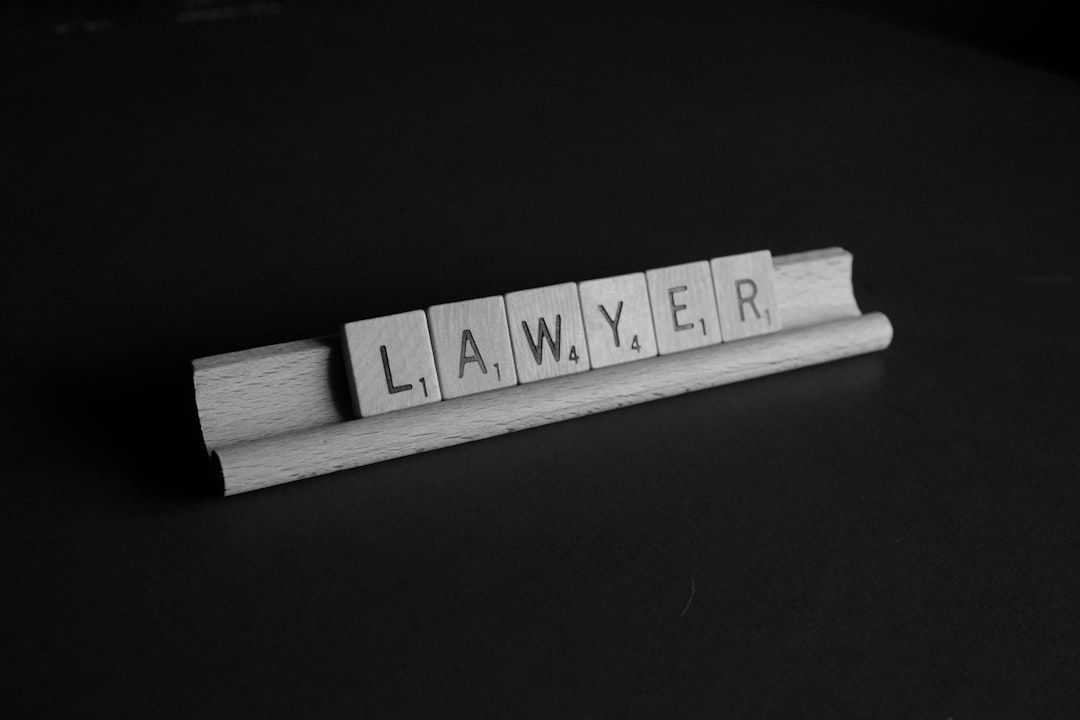Michigan's Telephone Consumer Protection Act (TCPA) and Telemarketing Act strictly regulate autodialer use for marketing by St. Clair Shores law firms, focusing on consent, opt-outs, and privacy to avoid fines and build client trust in autodialer law firms Michigan.
Implementing compliant call systems is essential for St. Clair Shores centers aiming to adhere to Michigan’s stringent autodialer regulations, particularly for law firms utilizing these technologies. This comprehensive guide navigates the legal landscape surrounding autodialers in Michigan, outlining key implications and best practices. From understanding regulatory requirements to enhancing client relations through ethical call practices, this article ensures your center stays compliant while maximizing communication effectiveness. Learn how to integrate legal considerations into your call system implementation strategy for successful operations.
Understanding Autodialer Regulations in Michigan

In Michigan, the use of autodialers for marketing purposes is regulated by the state’s Telephone Consumer Protection Act (TCPA). This legislation sets strict guidelines for businesses employing such technologies to ensure consumer privacy and consent. Specifically, the law restricts the use of automated dialers for making prerecorded sales or marketing calls to telephone numbers listed on the National Do Not Call Registry.
Michigan’s autodialer law firms must adhere to these rules, which include obtaining explicit consent from recipients before initiating calls and providing a mechanism for individuals to opt-out of future communications. Non-compliance can result in significant fines, making it crucial for St. Clair Shores centers to understand and implement these regulations effectively to avoid legal repercussions and maintain customer trust.
Legal Implications for Law Firms Using Autodialers

Law firms in Michigan, including those serving St. Clair Shores centers, need to be mindful of the legal implications associated with using autodialers for marketing and outreach purposes. The use of automated phone systems, such as autodialers, is regulated by various state and federal laws designed to protect consumers from unwanted and intrusive calls. Non-compliance can result in significant fines and damage to a firm’s reputation.
For instance, the Telephone Consumer Protection Act (TCPA) prohibits the use of autodialers for automated telephone marketing without prior express consent from the recipient. This means that law firms must obtain explicit permission from individuals before using autodialer technology to make calls, or they risk running afoul of the law. Additionally, Michigan’s own telemarketing laws further restrict the timing and frequency of such calls, adding another layer of complexity for firms looking to leverage autodialers effectively while staying within legal boundaries.
St. Clair Shores Center Requirements for Call Systems

St. Clair Shores Centers face unique challenges when it comes to call systems, driven by stringent regulations designed to protect consumers from nuisance calls and ensure ethical business practices. These requirements are particularly pertinent for law firms utilizing autodialers in their marketing strategies. In Michigan, the Telemarketing and Consumer Fraud Act sets forth clear guidelines on permissible call methods and content, emphasizing the need for prior express consent from recipients.
Centers must implement call systems that comply with these regulations, ensuring no automated calls are initiated without explicit authorization. This includes rigorous training for staff to avoid unintended breaches, maintaining detailed records of caller activity, and integrating opt-out mechanisms into every communication. Adhering to these standards not only avoids legal repercussions but also fosters trust among clients, patients, or customers, ultimately enhancing the center’s reputation in St. Clair Shores and beyond.
Best Practices for Compliant Call System Implementation

Implementing a compliant call system is paramount for St. Clair Shores centers aiming to respect privacy laws, especially with the autodialer regulations in Michigan. Best practices involve ensuring explicit consumer consent before initiating automated calls, meticulously documenting each step of the process, and training staff on compliance procedures. It’s crucial to have robust opt-out mechanisms in place, allowing recipients to easily discontinue receiving automated calls.
Additionally, regular audits should be conducted to verify adherence to relevant laws and guidelines. St. Clair Shores centers must stay updated with legal changes affecting autodialer usage, particularly within Michigan’s regulatory framework for law firms employing such technology. A proactive approach to compliance fosters trust with clients and avoids potential penalties associated with non-compliance.
Enhancing Client Relations through Legal Call Practices

In today’s digital era, legal call practices have become a vital aspect of enhancing client relations for St. Clair Shores Centers. Implementing compliant call systems, such as those that adhere to autodialer law firms Michigan regulations, ensures that communication with clients remains professional, effective, and in line with legal standards. This not only boosts the credibility of the centers but also fosters trust among their clientele.
By utilizing advanced call technologies while adhering to local laws, St. Clair Shores Centers can streamline their outreach processes, ensuring each client interaction is personalized and respectful. This meticulous approach helps maintain open lines of communication, which is crucial for building strong relationships with customers. Effective legal call practices ultimately contribute to the overall satisfaction and retention of clients, solidifying the centers’ reputation in the competitive market.






